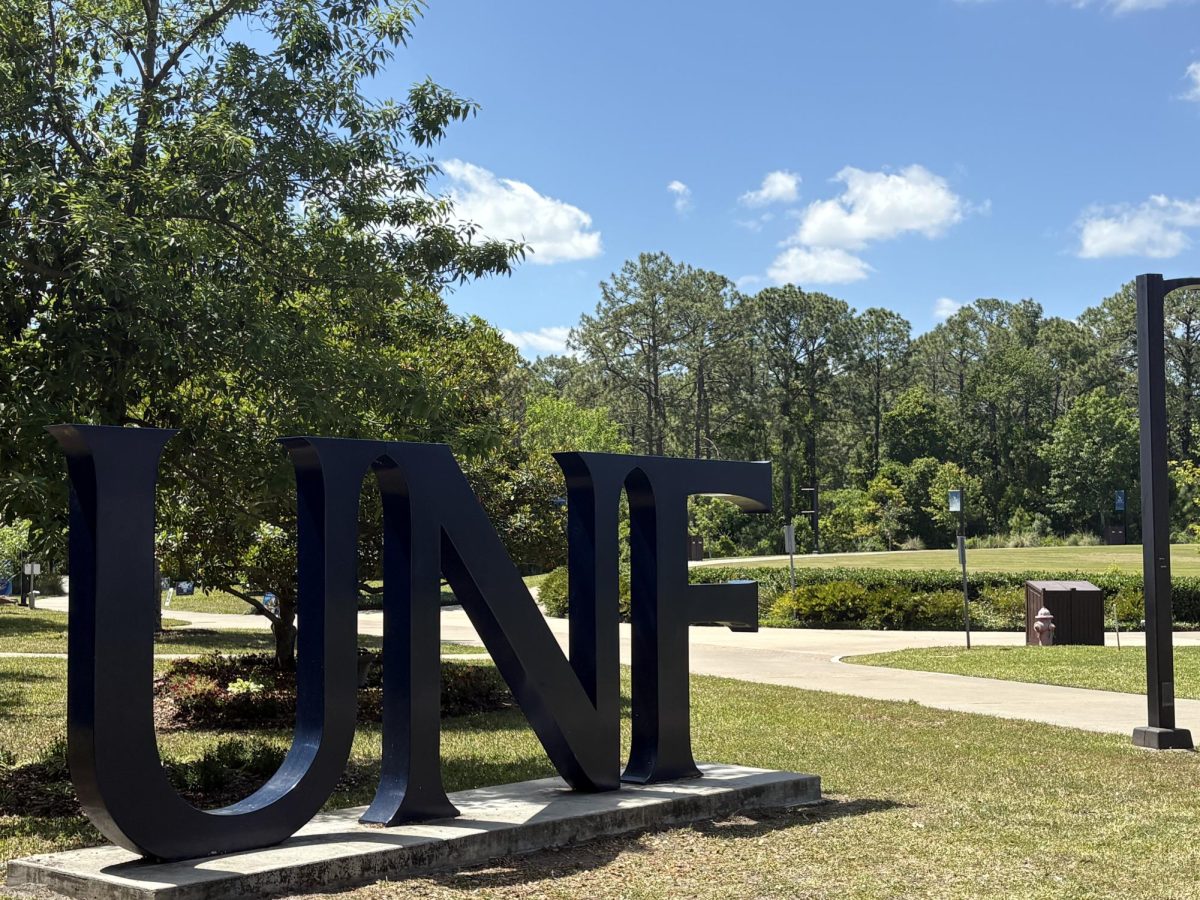With the inauguration of Mr. Change himself upon us, President-elect Barack Obama has promised to revamp the financial aid process for institutions of higher learning while dishing out $4,000 to every eligible student.
Obama intends to make college affordable for all Americans by implementing the fully refundable American Opportunity Tax Credit program that will pay the first $4,000 of tuition for students in college in exchange for 100 hours of community service, according to his Web site platform.
But many people feel college – and every stipulation associated with earning a degree – is not a guaranteed right and should not be levied from taxes to make it a reality for everybody.
The tax credit program falls under Obama’s broader plan to implement community service and civic duty into the learning process.
College is not for everybody, and trade schools are a viable option that still requires a steady workforce of people to fill positions for the continued growth of our nation.
Plumbers, mechanics, technicians and welders are all blue-collar work positions that sustain the infrastructural growth and integrity of our nation, but those fields seem to lack financial attention. And while pre-professional degrees still carry a lot of weight in regards to their importance and value in the markets, their value will go down as more Americans are passed through a system to simplify college and make it more and more attainable to the general public.
The rigors of college, where so many life-long lessons are learned, happen outside of the classroom. The accountability, responsibility, civic awareness and enculturation process each college student goes through adds a dimension of character that comes with a college degree.
Oversimplifying the process to reach a quota and claim the United States passes more college graduates – and therefore has a more educated population – is an illusion.
College is not supposed to be easy. It is meant to be an intense and life-changing process that molds individuals to be valuable assets to society and the workforce. Making funding more available to potential college students is a great idea, but the costs associated with the premium can only go so far.
The tax credit will mean big changes in the records, registration and financial aid offices and volunteer centers in universities.
“Several years ago, the FAFSA was a much shorter process, but now it’s 10, 12 pages long,” said Jim Owen, director of One Stop Student Services. “There’s a lot of room there for improvement. Why can’t at the federal level the Department of Education and the Department of the Treasury work together to make a linkage between the FAFSA and the tax return?”
Obama’s plan to instill public service in students by mandating a service requirement for financial aid is a valiant effort, but it erodes the volunteer aspect of public service as well as the rigorous financial aid process.
We can’t just make jumping through bureaucratic hoops easier for students; it’s part of the maturing experience where students develop a sense of the working world and what is expected of goal-oriented adults.
E-mail Jonathan Morales at news@unfspinnaker.com.











